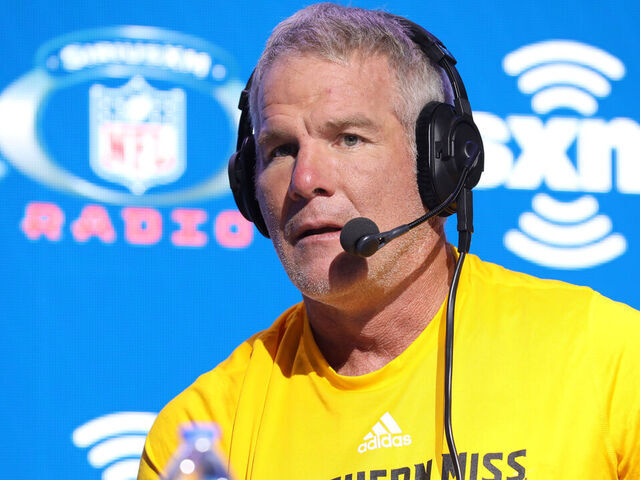
Brett Favre’s legal team has petitioned a federal appeals court to reconsider a defamation lawsuit he filed against former NFL player Shannon Sharpe. The lawsuit, initially dismissed by a Mississippi federal judge in October, arose from comments made by Sharpe on a Fox Sports broadcast regarding Favre’s involvement in a Mississippi welfare scandal.
During a September 2022 episode of “Skip and Shannon: Undisputed,” Sharpe criticized Favre’s association with a Mississippi welfare misspending case, stating that Favre had “stole money from people that really needed that money.” Favre, who has not faced criminal charges, alleges that Sharpe’s comments constituted defamation, specifically accusing him of theft.
Amit Vora, Favre’s lawyer, argued before the 5th U.S. Circuit Court of Appeals in New Orleans that Sharpe’s remarks should be considered defamatory, as they could be reasonably interpreted as factual accusations rather than opinion.
In response, Joseph Terry, representing Sharpe, asserted that Sharpe’s comments were expressions of opinion, protected under constitutional free speech, and were made in the context of discussing news reports on the welfare scandal’s impact on Favre’s reputation.
The dispute stems from findings by Mississippi State Auditor Shad White, revealing that between 2016 and 2019, over $77 million in funds intended for the Temporary Assistance for Needy Families program were misspent. Among the audit’s discoveries was that Favre had received $1.1 million in speaking fees from a nonprofit organization involved in the scandal, intended for a volleyball arena at The University of Southern Mississippi.
Although Favre has reimbursed the $1.1 million, he remains under scrutiny, with the auditor indicating outstanding interest charges bringing the total repayment owed to $729,790. Favre has denied any wrongdoing and is part of ongoing litigation involving more than three dozen defendants sued by the Mississippi Department of Human Services.
Judge Keith Starrett, in his ruling, upheld Sharpe’s right to express rhetorical hyperbole, stating that Sharpe’s comments did not imply actual criminal acts by Favre but were protected opinions under the First Amendment.
The appeals court did not indicate when it would render its decision on whether to reinstate Favre’s defamation lawsuit against Sharpe.
